Carbohydrates and sports performance: rinse, repeat, win?
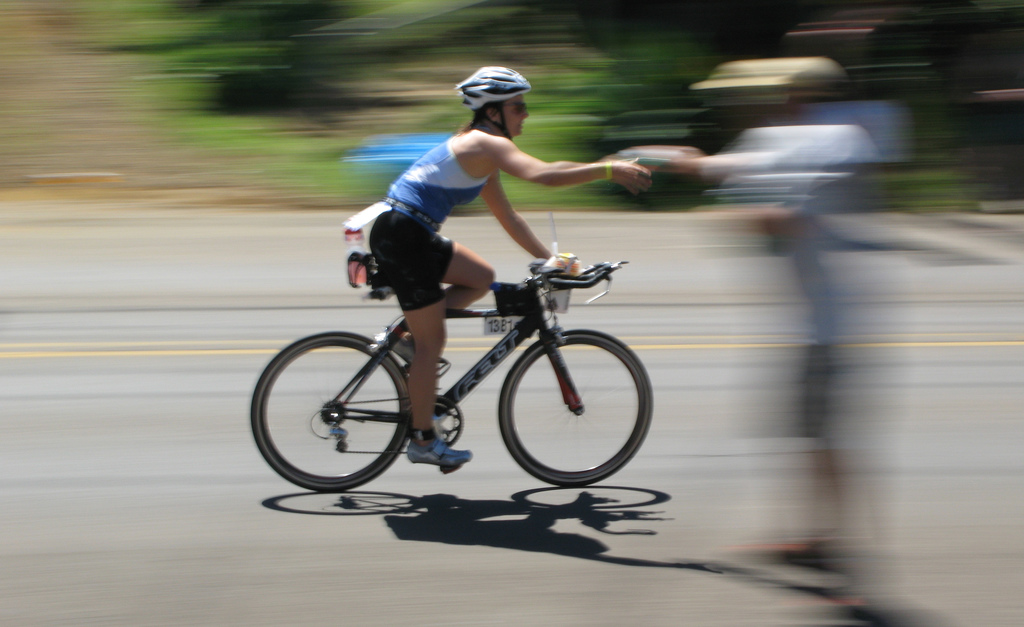
Hand off – Courtesy of Anna.Hawaii at Flickr
Can simply swishing a carbohydrate-containing solution around in your mouth improve short-duration exercise performance? Yes, according to intriguing new research.
It’s been well documented that ingesting carbohydrates during exercise can improve athletic performance in events lasting for several hours or more. But in events lasting for only an hour, the carbohydrates you suck down aren’t needed by your muscles for fuel.
Surprisingly, however, consuming carbohydrates has been found to improve short, intense exercise performance. Since the carbs aren’t needed for energy by the working muscles, physiologists have been left scratching their heads. A key insight appears to be in how the carbohydrates are consumed.
From the lips to the hips
If individuals perform a simulated one-hour cycling time trial in a lab and are given glucose intravenously, bypassing the mouth and gut, their bloodstreams will fill with the energy-supplying sugar. Yet the subjects will show no improvement in cycling performance as compared to when they complete the time trial with an infusion of only saline.
However, if individuals perform a stationary cycling time trial in the lab and do nothing more than rinse their mouths with a maltodextrin solution, they’ll show an improvement in their exercise performance. Maltodextrin is a type of sugar that is not sweet — which offers another clue to this crazy paradox.
This evidence suggests it’s the mouth, not the muscles, that is happy to see carbohydrates. These results hint that there are taste receptors in the mouth that are sensitive to carbohydrates, even non-sweet ones such as maltodextrin. The theory is that once the receptors are activated, signals are sent to the brain that ultimately result in improved exercise performance.
A real tongue twister
As you might recall from science class, our tongues have taste buds for sweet, salty, sour and bitter. Our mouths now appear to also contain receptors that respond to carbohydrates. New evidence is provided in a nice set of experiments done by Drs. Ed S. Chambers, Matt W. Bridge and David A. Jones from the University of Birmingham and published in Journal of Physiology.
The researchers asked cyclists to perform a simulated time trial in which they completed a set amount of work in the shortest time possible. The participants were given a solution of 6.4 percent glucose, 6.4 percent maltodextrin, or water, which was the placebo. (As a reference, Gatorade is 6 percent carbohydrate, and regular Coke is 11 percent carbohydrate.) All three solutions included a noncaloric artificial sweetener (containing aspartame and saccharin) to make them indistinguishable from each other. The cyclists rinsed their mouths with one of the solutions at the start of the time trial and then approximately every seven minutes during the ride.
The cyclists completed the time trial 2 to 3 percent faster when they rinsed their mouths with the glucose or maltodextrin solution than with the placebo (60.4 minutes with glucose vs. 61.6 minutes with placebo in one experiment, and 62.6 minutes with maltodextrin vs. 64.6 minutes with placebo in a second experiment). There was a corresponding increase in power output during the faster ride, with no change in perceived exertion or heart rate. This indicates the sugar swishing lowered the participants’ perception of how hard they were working.
Your brain on carbs
The researchers next had individuals swish a carbohydrate solution in their mouths while undergoing functional magnetic resonance imaging (fMRI). The technology, which monitors the anatomical detail of brain activity, revealed that oral exposure to carbohydrates, both sweet and non-sweet, activates regions of the brain associated with reward. The areas include the striatum, the anterior cingulate cortex and the orbitofrontal cortex.
Before you start using Sprite as a mouthwash, there are several caveats to this research worth noting. The cyclists all performed the time trial following a six-hour or overnight fast, which is not how most of us start a bike ride or race. The concentration of some of the glucose and maltodextrin solutions used for the brain-imaging studies was almost three times greater (18 percent) than the one used during the exercise studies. The exact concentrations, types (glucose, fructose, maltodextrin, etc.) and forms (liquid, gel, solid) of carbs that are most effective in activating the brain to create more brawn are not known. These results also don’t reveal whether ingesting protein or other nutrients along with the carbs in a drink might alter the effects.

Elwood Gatorade Race. Courtesy of Alistair 35 at Flickr
The bottom line
Mounting evidence suggests we have receptors (both sweet and non-sweet) in our mouths that are sensitive to carbohydrates, and that when triggered, they activate areas in our brains associated with reward. This has implications for exercise performance and for the food industry. The research raises the intriguing question of whether other undiscovered receptors are lurking in our mouths as well.
By swishing a carbohydrate-containing drink in your mouth, you may be able to improve your exercise performance. If you are running a 5k or 10k race, or competing in a cycling time trial or other short-duration, high-intensity event, it may be worth your while to reach for a drink that contains carbs and to swish it around in your mouth. A potential 2 to 3 percent improvement in time is substantial. But if you need to slow your pace in order to swill, you may negate the improvement in time. And if you’re exercising in hot weather, be sure to swirl and then swallow the liquid in order to help stay hydrated.
Resources
- Carbohydrate sensing in the human mouth: effects on exercise performance and brain activity. Chambers ES, Bridge MW, Jones DA. The Journal of Physiology, Apr 15;587(Pt 8):1779-94, 2009.
- Historical Perspective of Biomedical Imaging: From MRI to fMRI
Related posts

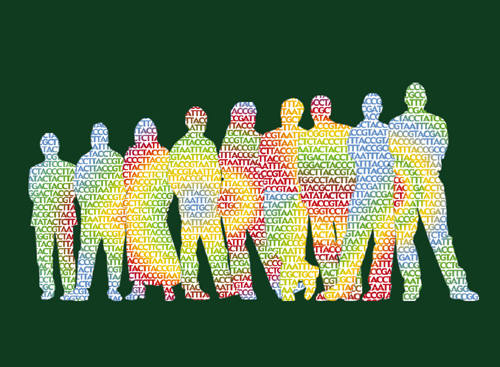

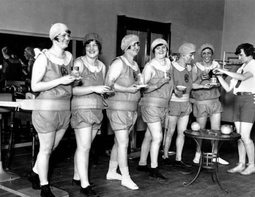

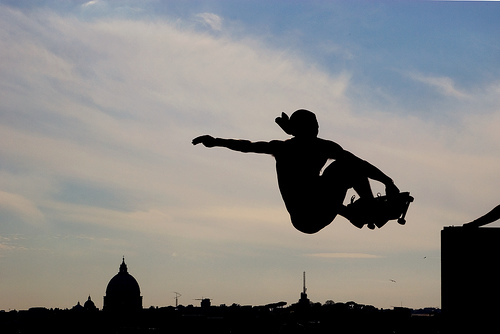

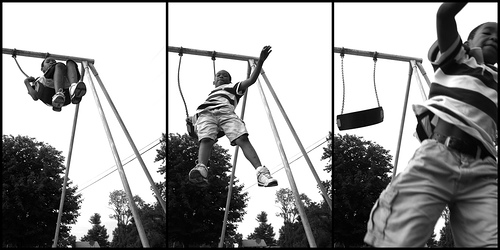

Trackbacks & Pingbacks
[…] Carbohydrates and sports performance: rinse, repeat, win? […]
[…] Related posts Are humans designed to be endurance runners? Carbohydrates and sports performance: rinse, repeat, win? […]
[…] Carbohydrates and sports performance: rinse, repeat, win? Mounting evidence suggests we have receptors (both sweet and non-sweet) in our mouths that are sensitive to carbohydrates, and that when triggered, activate areas in our brains associated with reward. Thus swishing a carbohydrate-containing solution around in your mouth may improve exercise performance. […]
[…] Gatorade is getting into the carbs+protein recovery drink biz to follow Accelerade, and that just swishing carb/sugar solutions (even subliminally sweet!) can increase endurance without having to drink it […]
Leave a Reply
Want to join the discussion?Feel free to contribute!